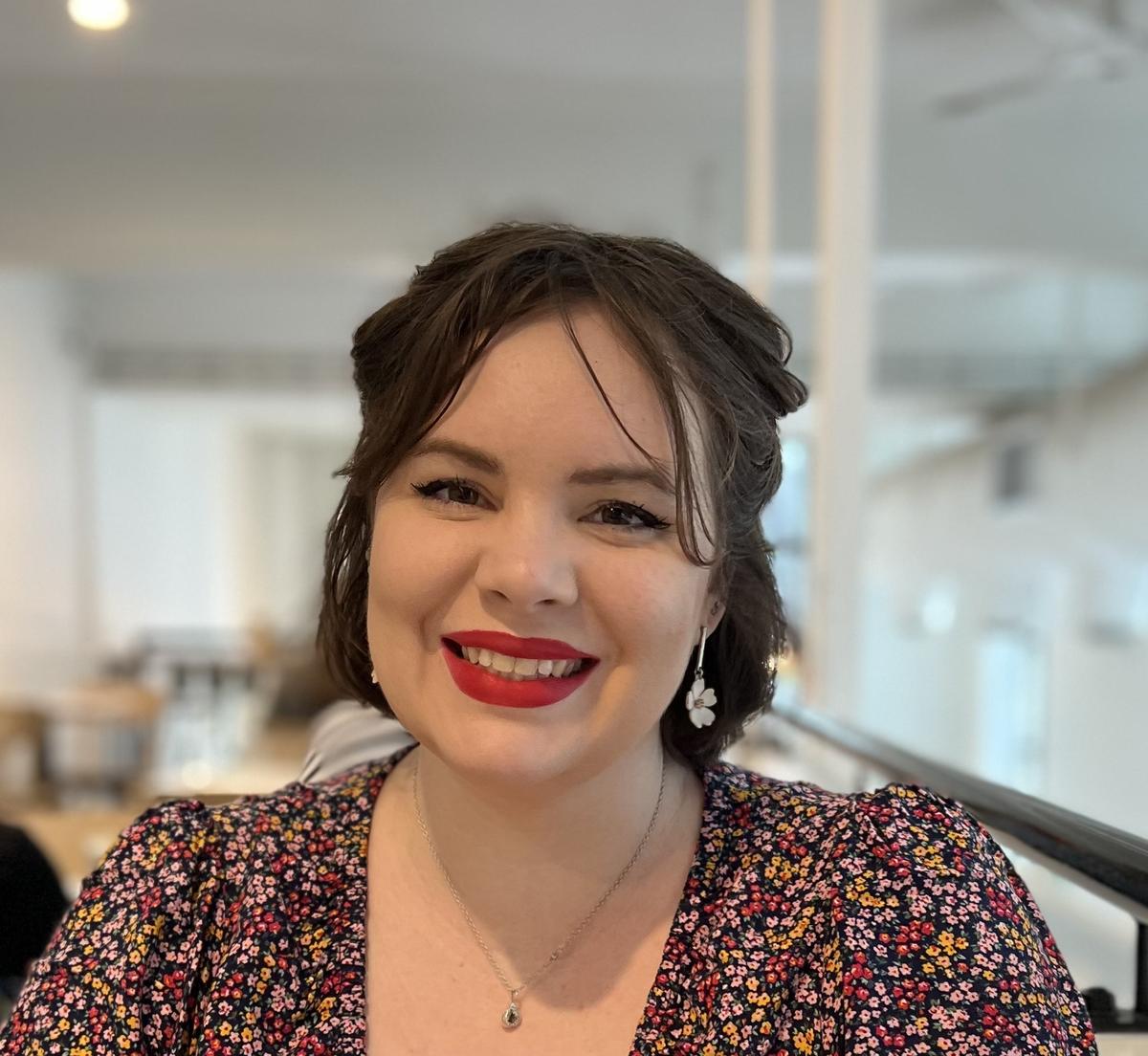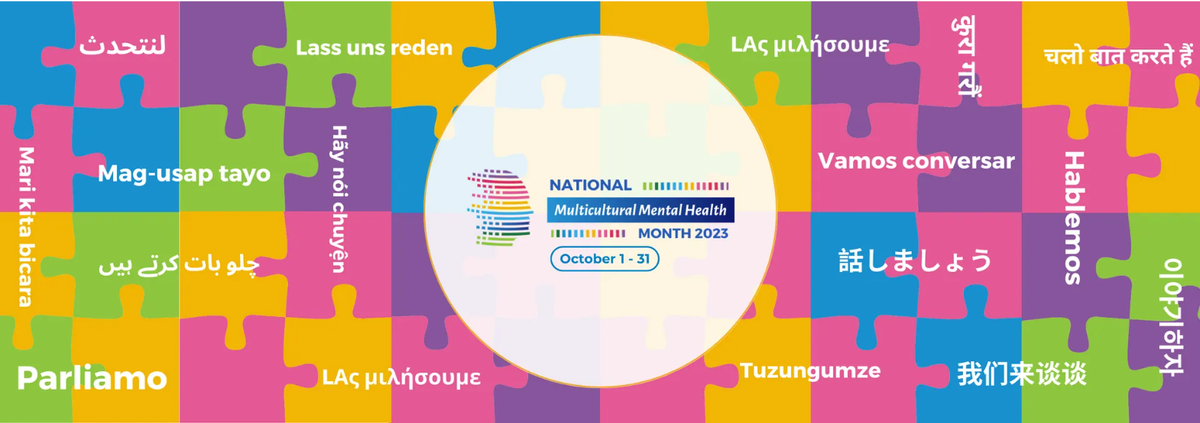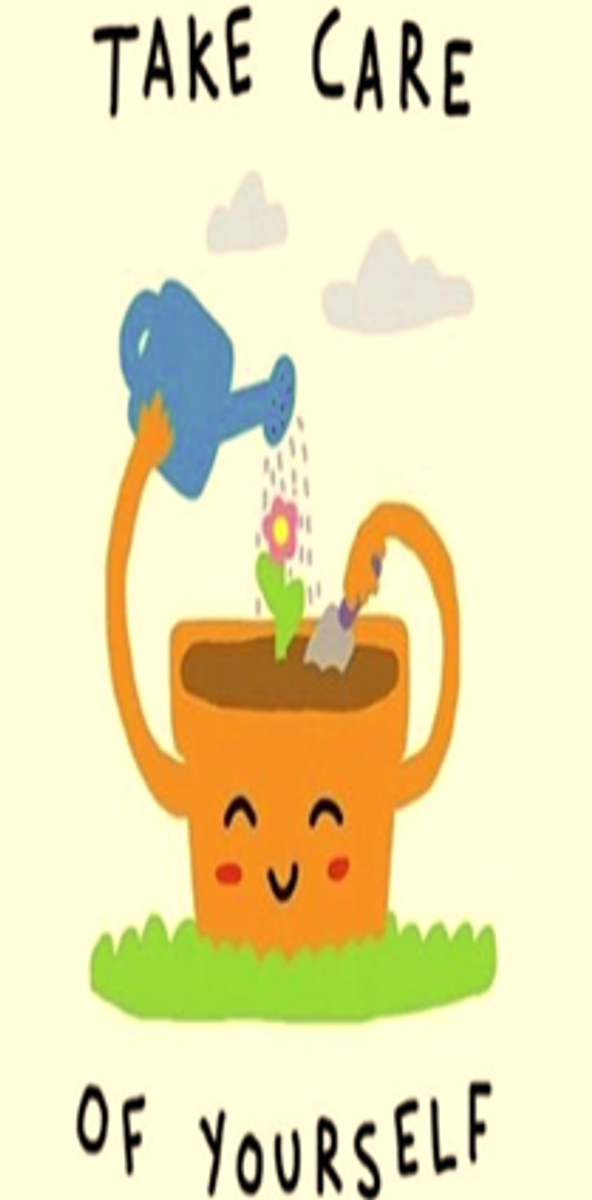Wellbeing News - National Multicultural Mental Health Month 2023
Creating Futures Together

Wellbeing News - National Multicultural Mental Health Month 2023
Creating Futures Together
The wellbeing team comprises of Celine Tsang, (Student Wellbeing Leader/ Counsellor), Fosia Mohamud (Mental Health Practitioner) and Madeleine Mitchell (Student counsellor-specialises in Arts Therapy). Maddie joined the team following successful completion of her student placement with us in term three.


My name is Celine. I joined the WHSC Wellbeing team at the start of Term 3 in 2022 as Counsellor and have stepped into the wellbeing leader role. I have a Masters in Counselling with Victoria University, and am a registered counsellor with the Australian Counsellor Association. I have worked with several schools and assisted students with their mental health. My favourite color this year is grey-blue, I speak English, Mandarin and Cantonese, I still love spicy food, I still love dogs. Come say hi.
I believe in autonomy, honesty, and non-judgment. We offer a safe space for students to explore their emotions and vulnerability. All feelings are acceptable, and there is no such thing as “you shouldn’t feel that way”, but rather what you want to do about it. Organise yourself a time with us to see what strategies work for you the best 😊


My name is Fosia. I Joined the WHSC team at the end of term three in 2021 as the Mental Health Practitioner (MHP). I am a qualified Social Worker (completed Masters of Social Work at La Trobe University) and have worked in various settings over the last 10 years in the Health and Public Service Sectors.
I prefer tea (with ginger) over coffee and love anything salted caramel. I’m enjoying working at WHSC in a role that focuses on mental health in the school setting, where early intervention can be facilitated. I strongly believe everyone has the key to good mental health; sometimes, we just need a guiding hand to access that key.
In addition to providing counselling and support to students, I also oversee wellbeing initiatives and targeted programs at the school. We encourage students and staff to be involved in mental health awareness as a whole school approach. Students and staff are welcome to reach out to me to find out how they can be involved.


My name is Maddie and I have had the privilege of being a part of the WHSC Wellbeing team completing my final placement in term three. I am excited to have been offered the role of student counsellor to continue my work with students. I am a creative Arts Therapist who works in a multi-modal, client-centered way. During this time, I have worked with a number of students facilitating both counselling and Arts Therapy sessions.


As an Arts Therapist, I use art as a way for students to express emotions and communicate without words. Arts Therapy is process-based and doesn’t require any skills or experience in visual art, it’s about having space to play and express yourself!
I have a beautiful cat that I talk about all the time, I love reading and being in nature.
To book in a session just fill in the Wellbeing student referral form below!


We have revamped the wellbeing space and our new location is between the canteen and staff room. All students and staff are welcome.
Parents can contact the Learning and Wellbeing Leader (previously known as the Year Level Coordinators) to discuss any wellbeing concerns and the referral process.
As a first point of contact, students are encouraged to raise any wellbeing concerns with their teachers and the Learning and Wellbeing Leaders for referral. Students can also self-refer for wellbeing supports via a student referral form (see below link). Referral forms can also be accessed via the wellbeing office, which is open to all students. Wellbeing staff will be in touch with students as soon as possible.
We encourage all parents and students to flag any wellbeing concerns early, so we can provide early intervention. Counselling sessions are confidential between students and the wellbeing team; unless there are any safety risks identified.
Wellbeing Referral form: J:\Wellbeing\Templates\WHSC Wellbeing Referral Form.docx
If you would like any information regarding mental health supports/ mental health themes covered in the school newsletter, please get in touch with our Mental Health Practitioner-Fosia (fosia.mohamud@education.vic.gov.au)


1st - 31st October 2023 | Nationwide
Join the Mental Health Foundation Australia (MHFA) in celebrating National Multicultural Mental Health Month 2023! Their premier awareness campaign is all about promoting mental health within culturally diverse communities. This year, they are putting the spotlight on multiculturalism with the theme 'Celebrating Diversity, Healing Together.' Join this month-long event dedicated to advocating for mental health, raising awareness, and standing in solidarity with multicultural communities.




In term four, students, especially those in VCE undertaking units 3&4, face heightened stress as they approach final exams. It's crucial to emphasise that while exams are a vital part of their educational milestone, it is just one step of their journey. Students should stay focused and positive, but most importantly, prioritize their mental health and well-being. With determination, effective strategies, and a balanced approach, they can excel in exams and set the foundation for a promising future. Self-care is the key to success, ensuring both academic achievement and overall well-being.
Below are some strategies to help you prioritise self- care:
Study Strategies:




Time Management:


Exam Preparation:
Stress Management:




Self-Care:
Celebrating Achievements:
Looking Ahead:


External supports you can access:
Headspace: 24/7 phone counselling service for 12 to 25 year old’s.
P: 1800 650 890 www.headspace.org.au
E-Headspace: 24/7 online counselling service for 12 to 25-year old’s.
www.eheadspace.org.au
Beyondblue: 24-hour Phone and online counselling for mental health.
P: 1300 22 46 36 www.beyondblue.org.au
Beyondblue also have a series of podcasts on various topics.
https://www.beyondblue.org.au/get-support/not-alone
Lifeline: 24-hour phone crisis support and suicide prevention services.
P: 131 114 www.lifeline.org.au/get-help/online-services/crisis-chat
Kids Help Line: 24/7 free phone and online counselling for 13 to 25-year old’s.
P: 1800 55 1800 www.kidshelpline.com.au